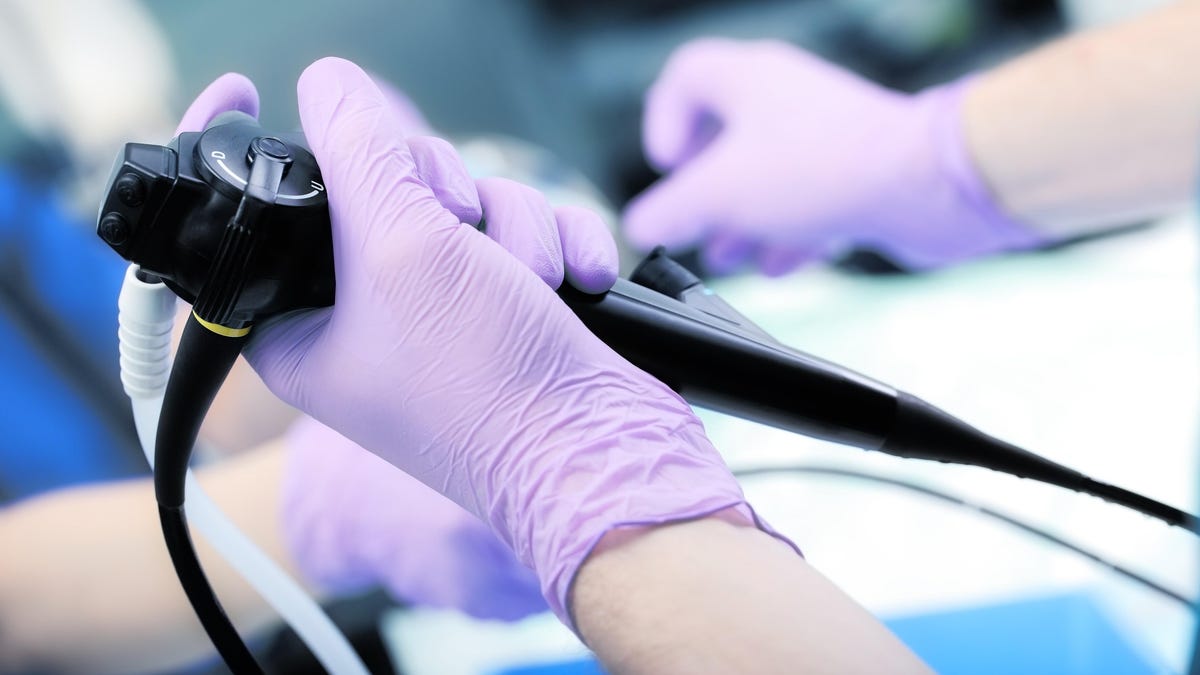The Future of Weight Loss: A Novel Approach
Recent developments in the field of weight loss have introduced a groundbreaking procedure that offers a unique and non-surgical method for addressing obesity. Scientists have conducted a small trial to evaluate the effectiveness of this innovative technique, which involves burning a portion of the mucus-filled lining of the stomach. The preliminary findings of this trial have yielded promising results, indicating a potential shift in the landscape of weight management strategies.
Endoscopic Mucosal Ablation: A New Frontier
The procedure, known as endoscopic mucosal ablation, is a technique commonly used to remove precancerous or abnormal tissues from the digestive tract. In this new application, patients are required to drink a protective fluid before undergoing the procedure. A specialized endoscope is then inserted through the esophagus to the upper part of the stomach, specifically the gastric fundus. The moist inner lining of the fundus, where mucus production occurs, is targeted and burned during the ablation process.
The gastric fundus plays a crucial role in regulating hunger by producing ghrelin, a hormone that stimulates appetite when the stomach is empty. By selectively destroying ghrelin-producing cells in the fundus, the procedure aims to reduce hunger levels consistently and promote weight loss effectively.
Research Findings and Implications
The initial results of the first-in-human trial were presented at Digestive Disease Week, revealing significant outcomes among the participants. A group of ten female patients with obesity exhibited an average weight loss of 7.7% and a substantial decrease in fasting ghrelin levels. Self-reported hunger levels also decreased by a third, while the stomach’s capacity for food intake was reduced by 42%.
While the study’s sample size remains small and the results are yet to undergo peer review, researchers believe that endoscopic mucosal ablation could serve as a valuable addition to existing obesity treatments. Compared to traditional medications like semaglutide and tirzepatide, the weight loss effects of this procedure may be more modest. However, its unique mechanism of targeting ghrelin levels presents a novel approach to weight management.
According to study researcher Christopher McGowan, MD, the procedure offers a less invasive alternative to anti-obesity medications and bariatric surgery, providing a feasible option for patients who may not qualify for conventional treatments. Future research will expand on these preliminary findings, exploring the long-term effects of endoscopic mucosal ablation on weight and hunger regulation.
Looking Ahead: Promising Possibilities
As researchers continue to delve into the potential of endoscopic mucosal ablation, the prospects for this innovative approach to weight loss appear promising. The ability to target hunger hormones directly through a minimally invasive procedure represents a significant advancement in obesity treatment. With ongoing studies and larger trials on the horizon, the future of weight management could soon be transformed by this groundbreaking method.
Source: Gizmodo
Image/Photo credit: source url





